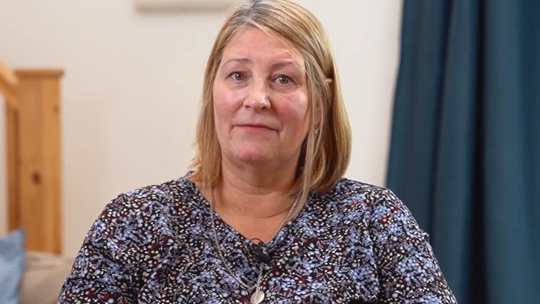How does fostering affect my benefits?
Learn more about how becoming a foster parent affects any benefits you may be claiming.

We find that making the decision to become a foster parent is a bigger consideration for our single carers, as they will rely solely on their income from fostering. Did you know that during times when a single carer has no placement they are able to claim certain benefits?
Here is a description of the benefits a single carer may be entitled to. Eligibility when claiming these benefits may be subject to other factors such as your savings. It is also important to note that your eligibility to claim benefits varies significantly should you have a partner who works. Every situation is different and we recommend that you seek individual advice from the Department of Work & Pensions for a definitive and current answer regarding this as entitlements are subject to change
At the moment, the fees and allowances you receive from fostering are normally disregarded for the purposes of calculating your entitlement to benefits. In other words, Fostering Fees and Allowances are not included when means testing for other benefits. There are several other benefit differences that are related to fostering, those include:
Child Benefit
You will be eligible to claim Child Benefit for your own children, or other children that live with you but not for foster children.
DLA – Disability Living Allowance
A child under 16 in foster care can still claim DLA, and this is paid to the adult carer.
Means Tested Benefits
Fostered children are not counted as part of your household when any means tested benefits are calculated.
Equally the fees and allowances from fostering are not counted as income when calculating any of the following means tested benefits: Income Support, Income based Job Seekers Allowance, Income based Employment & Support allowance, Housing benefit and Council Tax Support. These benefits as well as tax credits are being phased out between 2014-2018 and replaced by a new benefit called Universal Credit.
Income Support
Many foster carers are in a unique position, as you can choose whether to be deemed as working and claim working tax credit, or not working and claim income support.
Income support is a non-taxable benefit, for people who work less than 16 hours a week but who aren’t required to sign on as unemployed such as foster carers. The DWP don’t count fostering as work and fostering income does not count as pay for Income Support purposes.
If you are fostering a child aged under 16, or a disabled child/young person, not doing other work and not looking for a job, then you can claim Income Support in the weeks that you have a child in placement.
Job Seekers Allowance
In the weeks that you don’t have a child in placement, you can sign on as unemployed, and claim Job Seekers Allowance. Any retainer you are paid from your fostering service when you don’t have a child in placement may be treated as earnings and reduce your entitlement to Job Seekers Allowance.
However, you don’t have to make a claim. There are elements of your income that are taxable but the amount of earnings you have until you are taxed is a lot higher than those in other employment – there is a big allowance on fostering ‘income’.
Find out more about our fostering allowances here or, if you have any questions, please get in touch.
Can't find what you're looking for?
By phone
One of our team is available to talk to you over the phone to answer any of your fostering queries.
Enquire online
You can get in touch by filling out our online enquiry form with any queries that you may have.
Your local team
Find contact details for your local office team. We’re always happy for you to pop-in and chat.





